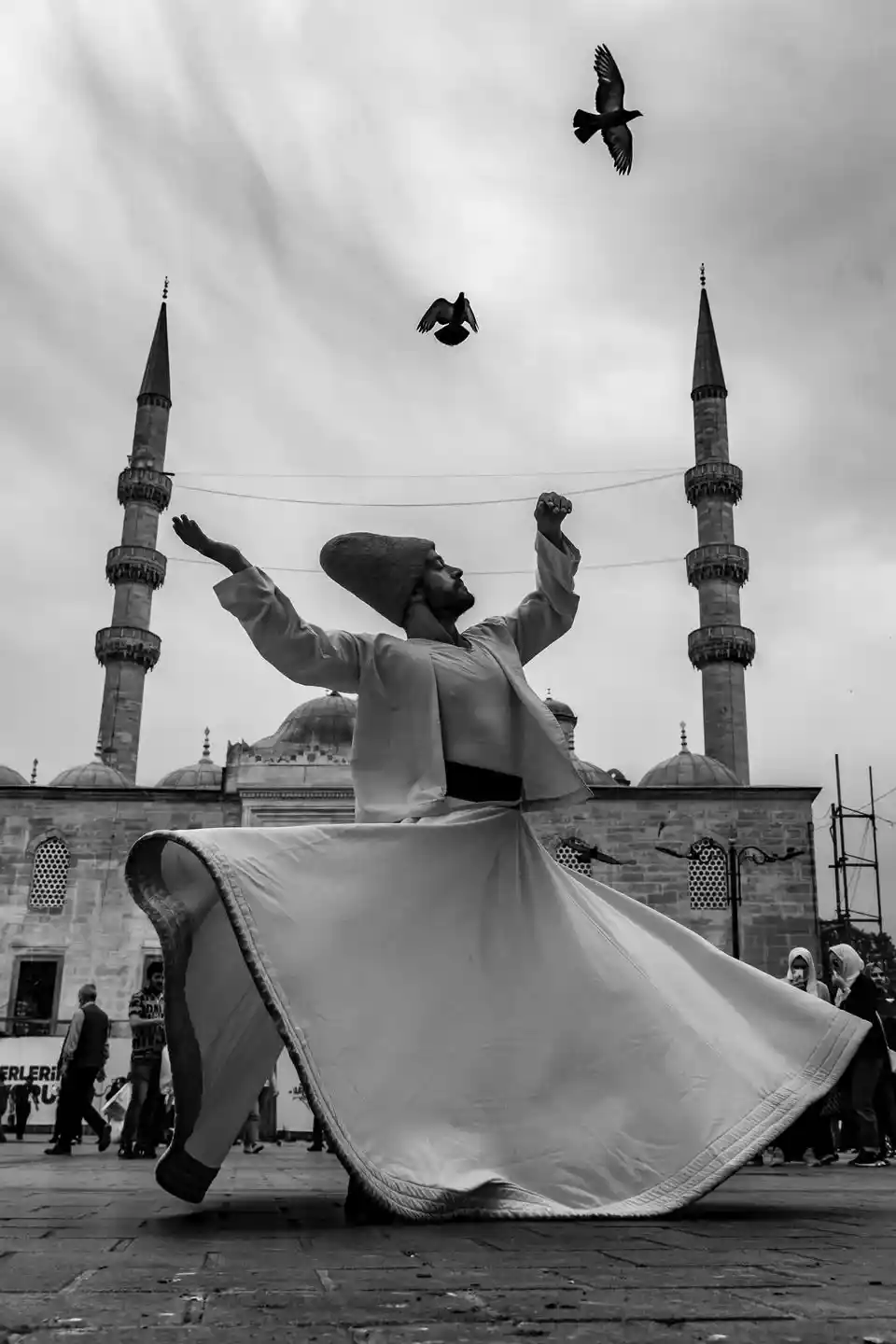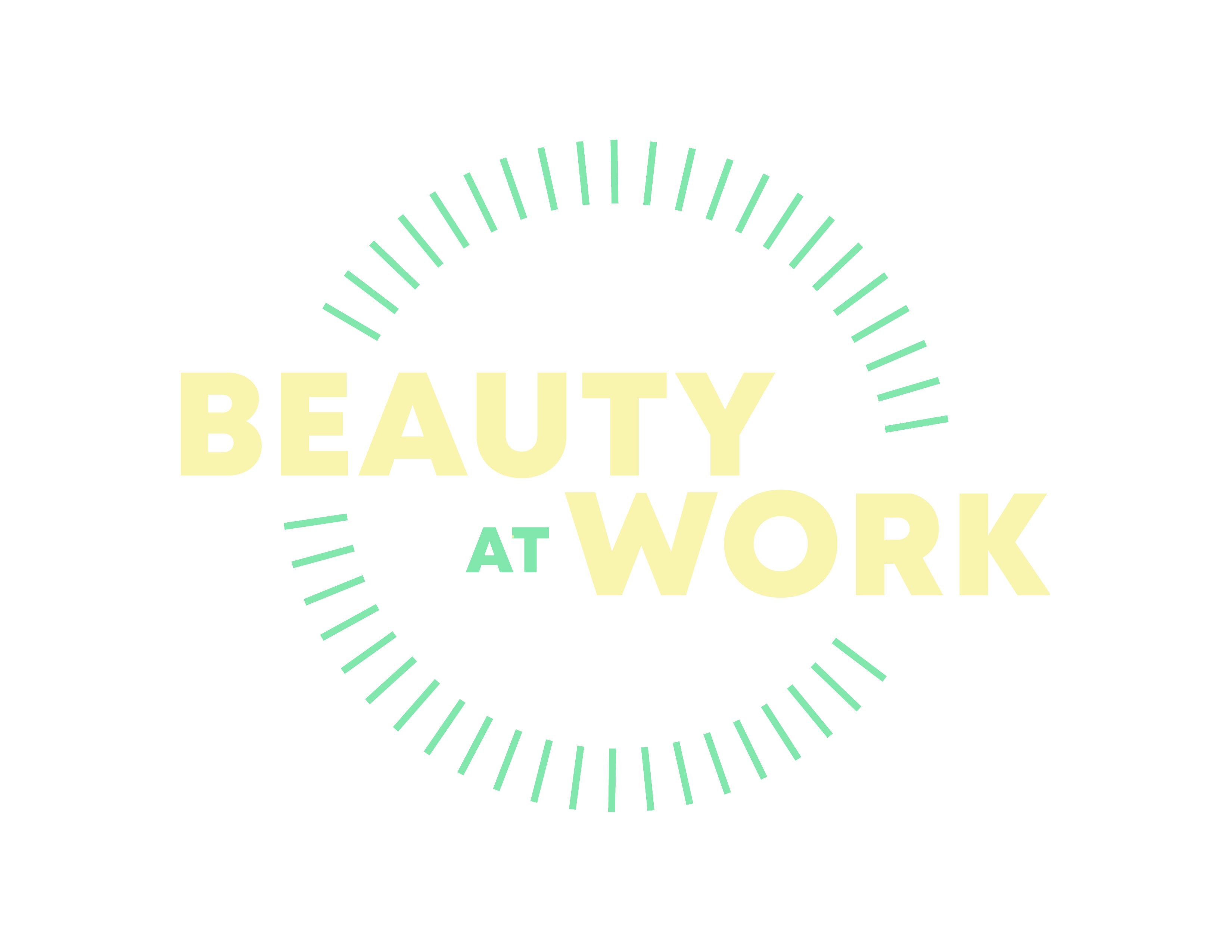The adventure of beauty in Arab Islamic culture

Beauty is an adventure that has to be lived. So argues Wael Farouq, who is professor of Arabic Language and Culture at the Università Cattolica del Sacro Cuore, Milan.
In my recent chat with him, Wael recounted how it was the beauty of literature, communicated to him through the passion of his mother, his teacher, and his grandfather, that drew him to pursue an academic career. And drawn into this quest for beauty, he discovered that it was a path to knowledge and understanding. Indeed, he goes so far as to argue that
for me, it is the condition for whatever knowledge we are seeking. Scientific, non-scientific--whatever knowledge we are seeking, the fuel that makes you able to move forward is this passion. And the passion is the manifestation of an encounter with beauty.
Drawing on the Islamic tradition, Wael explains how beauty is a path to knowledge even in the realm of religion. Images of Islam in the west tend to highlight its strands that focus more on purity and law. But the way of beauty, he argues, is another path that remains alive and well, especially in popular religiosity in traditions such as Sufism. And this way of beauty is also what opens up the possibility of forgiveness.
Drawing further on the Egyptian poet Salah Abdul Saboor, Wael explains how the beauty we find in literature can help us discover that there is much more to our humanity than the limits we tend to impose on ourselves and each other. He recites verses from one of Saboor's poems in which the experience of painful sadness, which might at times keep us awake at night, contain within it the seeds of tenderness. (I thought this resonated very much with my earlier post about Susan Cain's book Bittersweet, and how sadness depicted in art can help us get in touch with our deepest longings). We are an infinity. This is what encountering beauty can reveal to us.
See my interview with Wael here:
Let me know in the comments below what strikes you or resonates with you from this interview.
Below is an unedited transcript.
The passion with which my mother was reading the stories for me, and I was very, very young; the passion of my professor of Arabic language in elementary school reading poetry—this passion made me encounter beauty and made me decide to study the Arabic language and literature.
My teacher, my mother, my grandfather—these people were very passionate about literature. This made me live with them, this beauty, and decide, at the end, to dedicate my life to studying these forms of beauty. Beauty is something that you have to live; it should be lived even in academia. I am lucky because I study one of the most ancient forms of beauty that also has the second characteristic of beauty—it’s a solid way towards knowledge.
You can say that humanity has always manifested its religious feeling, its feeling towards mystery, in a form of beauty. This is the second characteristic of beauty: not only the passion that brings you into an encounter with another person but also as a way, a method, towards knowledge.
I study Religious Studies because my field is Arabic language and literature and Islamic studies. But I noticed that the extreme forms of religiosity in Islam are neglecting beauty. There are two types of religiosity in the Islamic tradition. One type is centered around purity. Some people are religious because they want to be pure. To protect yourself from impurity, you have to follow rules, Sharia, laws. When purity is the main value in a religious tradition, the second important thing is the law—the religious law and the rules.
But there is another form of religiosity, and thank God, it’s the most diffused one in the Islamic tradition, in popular religious tradition, in Sufi tradition. This form is centered around beauty. When beauty is the center, the second value that comes in response to this value of beauty is forgiveness. Beauty is an adventure, and in looking for beauty, you will definitely do something wrong. But you shouldn’t be afraid, because God is going to forgive you because you were looking for beauty, searching for beauty.
This is something particular about beauty that unites all of us despite our color, religion, ideology, or economic level. For me, it is the condition of whatever knowledge we are seeking—scientific or non-scientific. The fuel that makes you able to move forward is this passion. Passion is the manifestation of an encounter with beauty.
In my childhood, it was not about the content. Maybe today, my ideas about poetry—what my grandfather used to read to me—might seem silly. But what I remember is not the content. What I remember is the passion. I remember how his eyes were shining while he was reading, the rhythm of his voice. This is what remains in my heart. Of course, I changed my idea about poetry one million times in my career. It’s always because something is able to trigger this passion inside you, and this passion makes you see something, see beyond.
As an example, in old Sufi tradition in Islam, like Ibn Arabi or Rumi, you find their very insightful sentences. Of course, these men were not limiting their religious experiences or desires to the rules of Sharia. When you limit yourself with rules, you reproduce again and again, forever, a specific stereotype. But when you are astonished by beauty, when you are looking through beauty, you can generate a lot of new forms. This is eternity. Eternity is the ability to continuously generate new forms of what we believe, what we live, what we have encountered. An encounter is not an event with limits in space and time. An encounter is a window with an open eye, and you can keep seeing new horizons.
There is an Egyptian poet, Salah Abdel Sabour, who, in my opinion, is one of the greatest poets ever. For him, the biggest question was man. He speaks about how sometimes at night, sadness wakes up. It feels like it flows in your blood, in your organs. But at a certain moment, you feel its tenderness. Sadness can also be a window that helps us discover ourselves. His poetry is always immersed in human drama. You can liberate yourself from this human drama by encountering something beyond it.
Beauty is not an art. Beauty is not a science. In my opinion, beauty is an everyday practice. But we can discover it, we can see it—it’s always in front of our eyes. We need something to reveal for us what we have never met. We are infinity. We cannot define or limit our existence or identity to only one thing. The role of beauty is to make us able to see this infinity in ourselves.
If you found this post valuable, please share it. Also please consider supporting this project as a paid subscriber to support the costs associated with this work. You'll receive early access to content and exclusive members-only posts.
